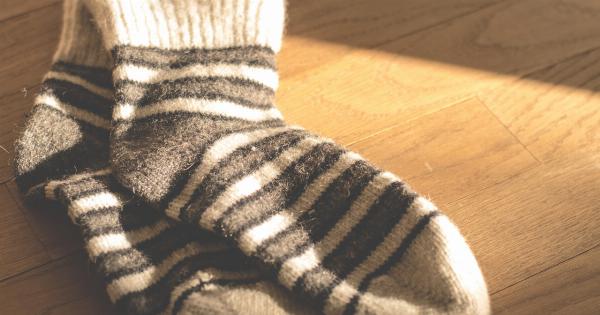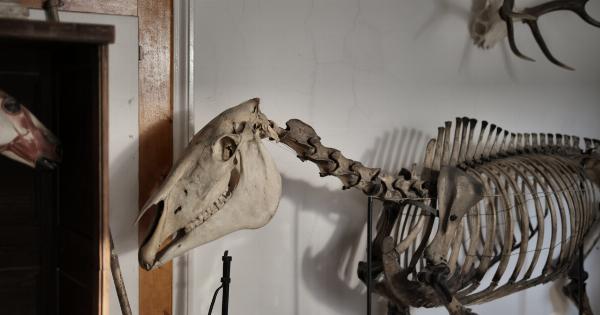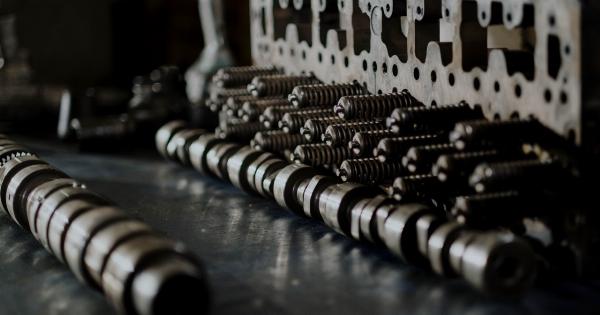Have you ever wondered why you sweat during intense physical activities or hot weather conditions? Sweating is one of the things that our bodies do to regulate temperature. It is the body’s natural cooling system. Here’s how it works:.
What is Sweat?
Sweat is a clear, salty liquid produced by sweat glands located under the surface of the skin. Sweat is mainly made up of water, but it also contains small amounts of other substances such as ammonia, urea, and salt.
How Does Sweating Keep the Body Cool?
The process of sweating works like this: when the body’s internal temperature rises above a certain level, the sweat glands produce sweat.
As the sweat evaporates from the skin’s surface, it pulls heat away from the body, cooling it down naturally.
When sweat evaporates, it carries away excess body heat, which is what cools the body down. This process is aided by the body’s ability to regulate blood flow to the skin.
When it’s hot, the blood vessels in the skin dilate, allowing more blood to flow to the surface where the heat can be dissipated through sweating.
Why Does Sweat Smell?
Sweat itself is odorless. However, when sweat comes into contact with bacteria on the skin’s surface, the bacteria feed on the compounds in the sweat, creating an unpleasant odor.
That’s why people who sweat a lot, such as athletes, may be prone to body odor. It’s important to note that while sweating is a natural and healthy process, excessive sweating can be a sign of an underlying health condition, which requires medical attention.
Factors that Affect Sweating
Several factors can affect the amount of sweat produced by the body, such as:.
- Temperature and humidity: The hotter and more humid it is, the more you tend to sweat.
- Clothing: Tight clothing and synthetic fabrics can trap heat and prevent sweat from evaporating, which can lead to increased sweating and discomfort.
- Physical activity: Intense physical activity increases the body’s core temperature, which triggers the sweat glands to produce more sweat.
- Gender: Men tend to sweat more than women due to differences in body size and metabolism.
- Age: Sweat glands become less active as we age, which means older people are less likely to sweat as much as younger people.
- Medical conditions: Certain medical conditions, such as hyperthyroidism, diabetes, and menopause, can cause excessive sweating.
Hydration and Sweat
It’s important to note that sweating can also lead to dehydration if you don’t replenish the fluids lost through sweating. That’s why it’s important to drink fluids during and after physical activity to avoid dehydration.
Dehydration can lead to a range of symptoms such as dizziness, headache, and confusion. In severe cases, it can even lead to heat exhaustion or heat stroke.
Conclusion
Sweat is the body’s natural way of keeping cool. It’s a complex process that involves the sweat glands, blood vessels, and heat-regulating mechanisms.
By understanding how sweat works, we can learn to regulate our body temperature more effectively, stay hydrated, and avoid the dangers of dehydration and heat-related illnesses.





























